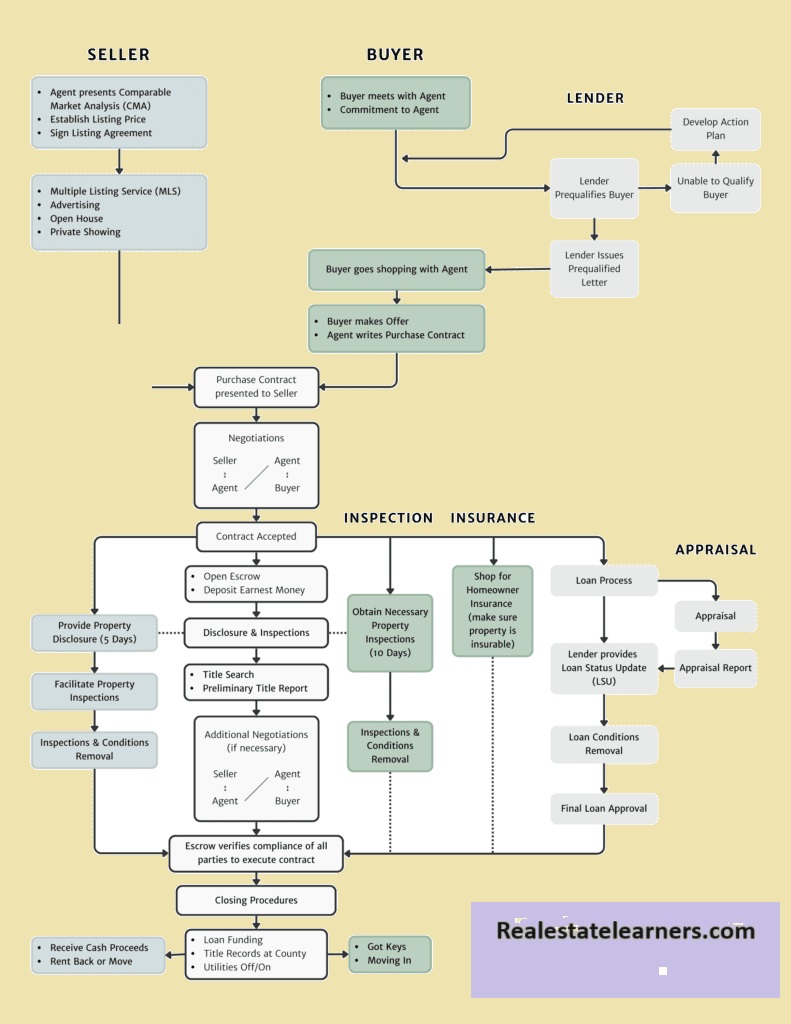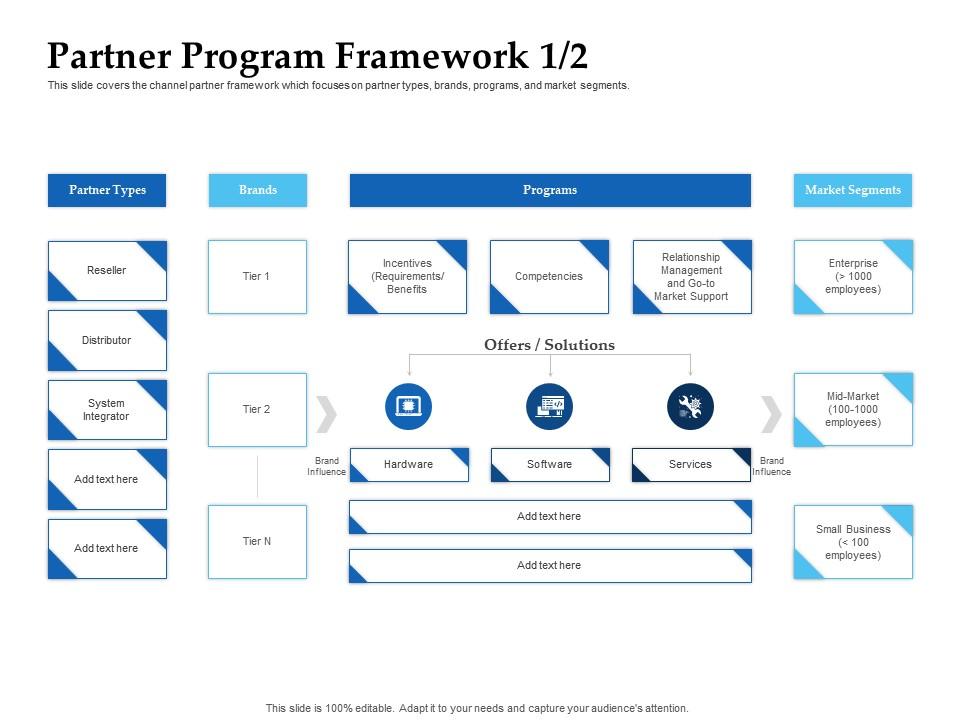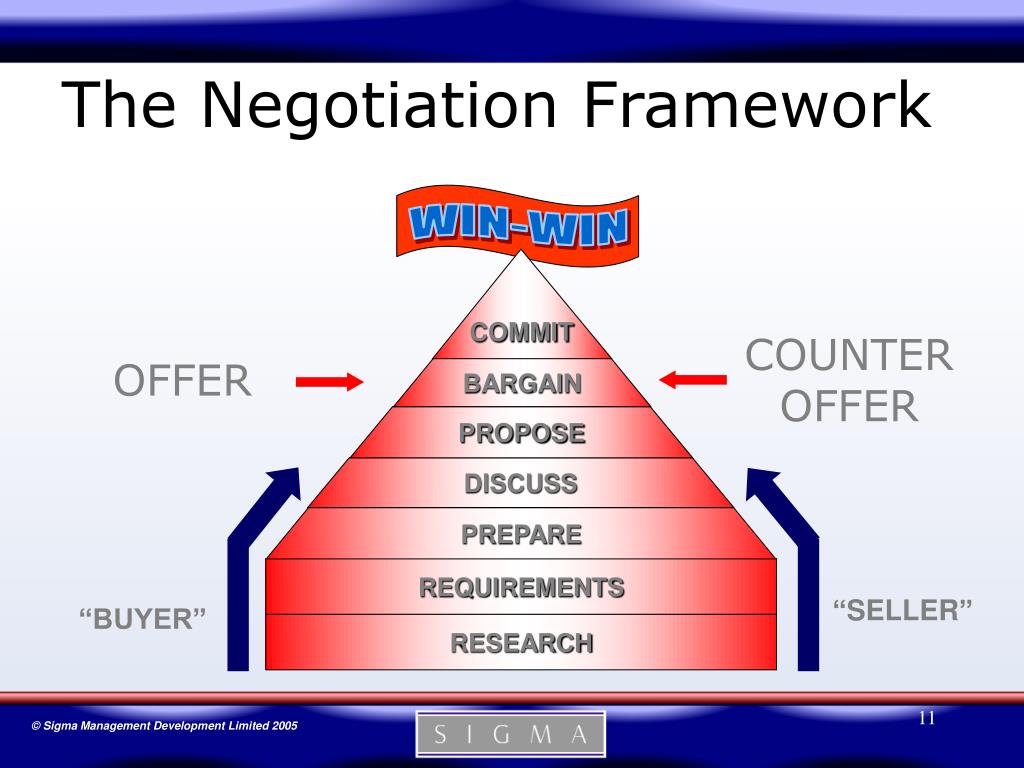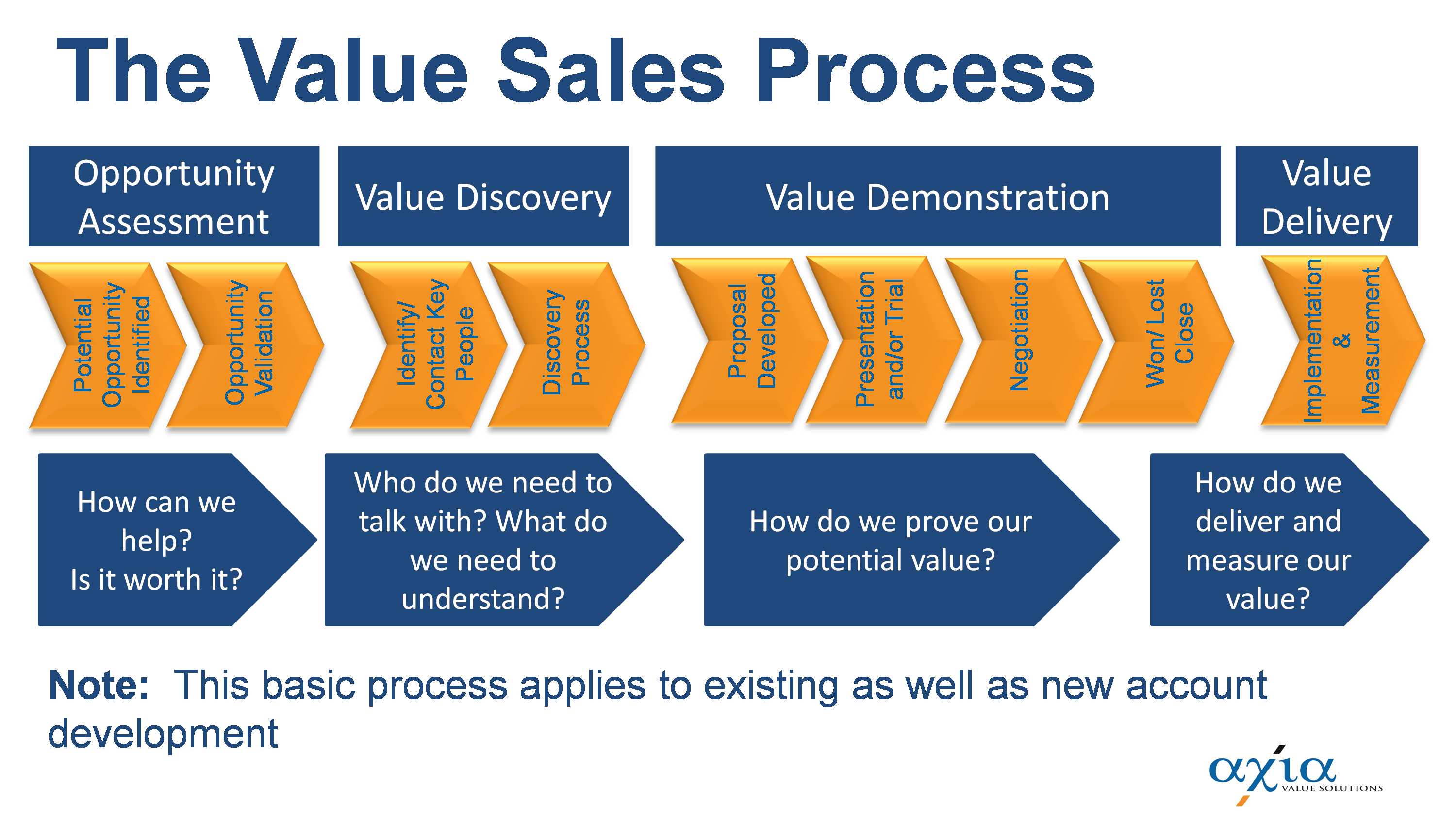Who Delivers Your Offer To The Seller Framework

The home buying process, already a complex and often stressful endeavor, involves numerous players and intricate steps. One crucial, yet sometimes overlooked, stage is the delivery of the offer to the seller. Understanding the framework surrounding this delivery is essential for both buyers and sellers to ensure a smooth and equitable transaction.
This article delves into the various methods and agents involved in conveying an offer to purchase real estate, examining the roles, responsibilities, and potential impact on the overall negotiation. We explore the traditional pathways, emerging digital avenues, and the ethical considerations guiding the process.
Traditional Offer Delivery Methods
Traditionally, the buyer's agent plays a pivotal role in presenting the offer to the seller or their listing agent. This direct communication allows for a personal touch and the opportunity to advocate for the buyer's position.
In this scenario, the buyer's agent prepares the offer document, ensuring all necessary information and contingencies are clearly outlined. They then schedule a meeting with the listing agent, either in person or virtually, to present the offer on behalf of their client.
The Role of the Buyer's Agent
The buyer's agent acts as the primary advocate for the buyer throughout the offer process. Their responsibilities include crafting a competitive offer, presenting it persuasively, and navigating any counteroffers that may arise.
According to the National Association of Realtors (NAR), buyer's agents have a fiduciary duty to their clients, meaning they must act in their best interests at all times. This includes providing sound advice and guidance on offer strategy and negotiation tactics.
The Role of the Listing Agent
The listing agent represents the seller and is responsible for presenting all offers received to their client, regardless of their perceived strength or likelihood of acceptance. This ensures the seller is fully informed and can make the best decision for their circumstances.
The listing agent also explains the terms of each offer to the seller, highlighting key factors such as price, contingencies, and closing date. They advise the seller on potential counteroffer strategies and help them evaluate the overall attractiveness of each offer.
Emerging Digital Delivery Avenues
In recent years, technology has significantly streamlined the offer delivery process. Digital platforms and electronic signatures have enabled faster and more efficient communication between parties.
Email, secure online portals, and e-signature platforms are increasingly common tools used for transmitting offers and related documents. This allows for near-instantaneous delivery, regardless of geographical location.
Impact of Technology on Speed and Efficiency
The shift towards digital offer delivery has undeniably accelerated the pace of real estate transactions. Buyers and sellers can now receive and respond to offers much faster than with traditional methods.
This increased speed can be particularly advantageous in competitive markets where time is of the essence. However, it also requires all parties to be readily available and responsive to ensure timely communication.
Direct Communication Between Buyer and Seller
While less common, direct communication between the buyer and seller can also occur, especially in for-sale-by-owner (FSBO) transactions. In these cases, the buyer may present their offer directly to the seller without the involvement of agents.
This approach can be more challenging, as both parties need to navigate the legal and contractual complexities of the transaction without professional representation. It is highly recommended to seek legal counsel in such scenarios to protect one's interests.
Legal Considerations
Regardless of the delivery method, all offers must be presented in writing and adhere to local real estate laws and regulations. This ensures clarity and enforceability of the agreement.
Real estate laws vary by jurisdiction, so it is important for buyers and sellers to be familiar with the specific requirements in their area. Consulting with a real estate attorney can provide valuable guidance on legal matters.
Ethical Considerations
Ethical conduct is paramount throughout the offer delivery process. Agents have a responsibility to act honestly, fairly, and in the best interests of their clients.
This includes presenting all offers, regardless of their perceived strength, and avoiding any actions that could be construed as discriminatory or unfair. Transparency and open communication are key to maintaining ethical standards.
Fair Housing Laws
Fair housing laws prohibit discrimination based on protected characteristics such as race, religion, national origin, sex, familial status, and disability. Agents must ensure that all offers are evaluated fairly and without prejudice.
Any actions that violate fair housing laws can have serious legal and ethical consequences. The Department of Housing and Urban Development (HUD) actively enforces these laws to ensure equal access to housing opportunities.
Conclusion
The delivery of an offer to the seller is a critical step in the home buying process. Understanding the roles of the various parties involved, the available delivery methods, and the ethical considerations at play is essential for a successful transaction.
Whether through traditional agent representation, digital platforms, or direct communication, transparency and clear communication are key. Buyers and sellers should prioritize informed decision-making and seek professional guidance when needed to navigate this complex process effectively.


















